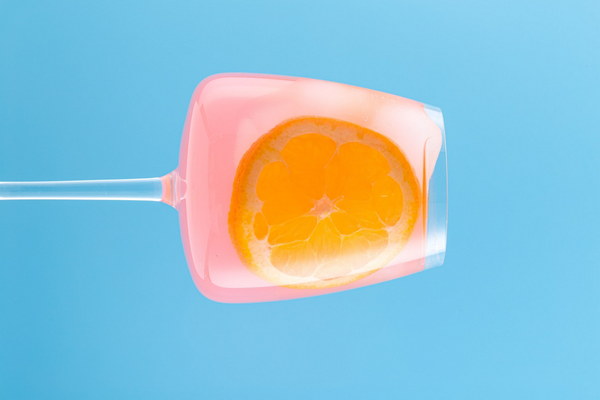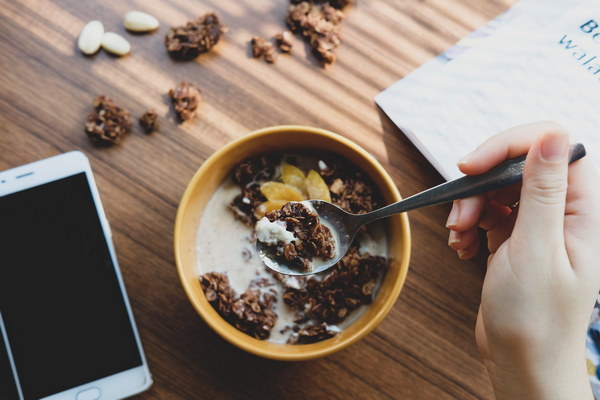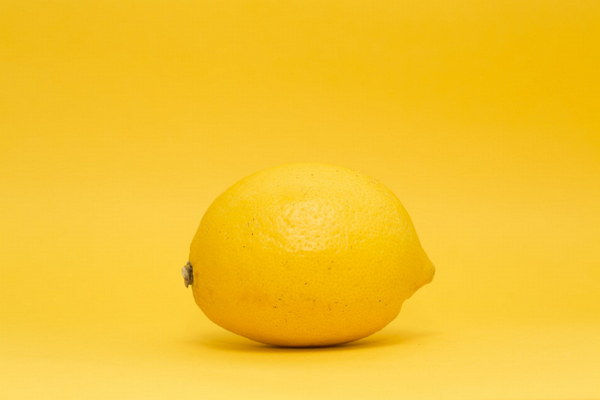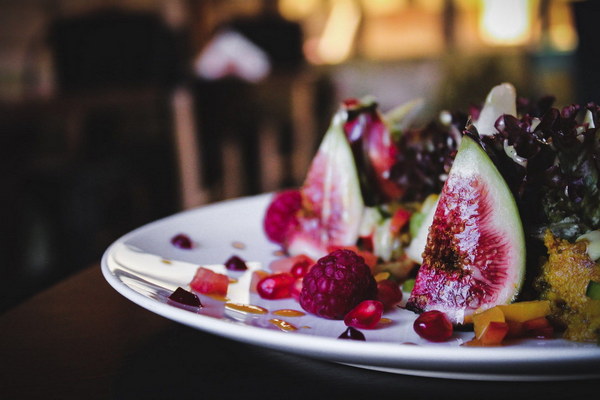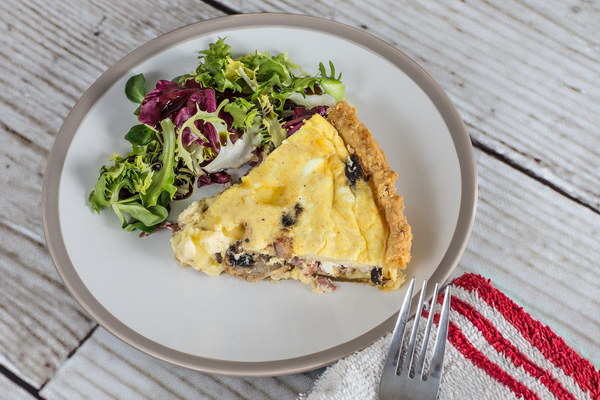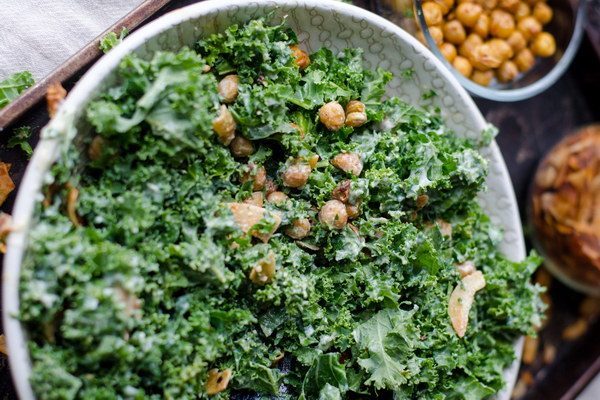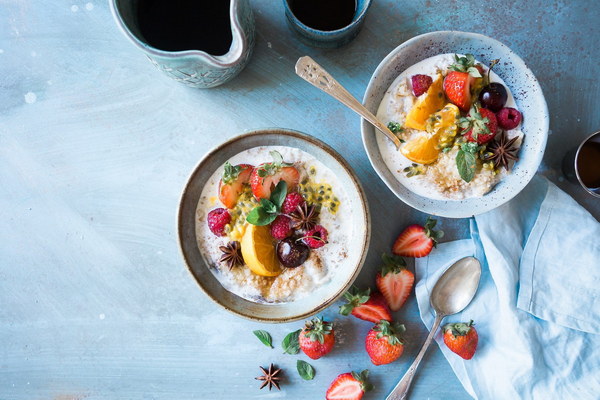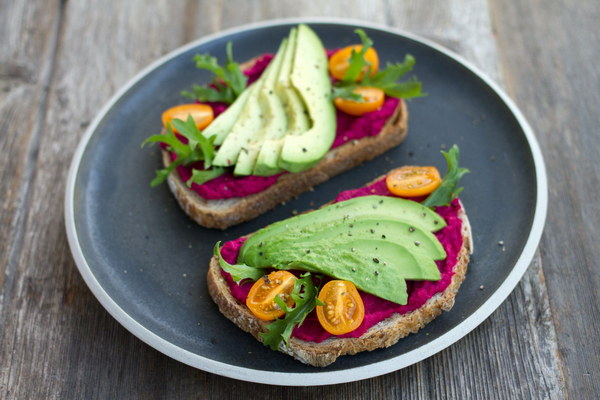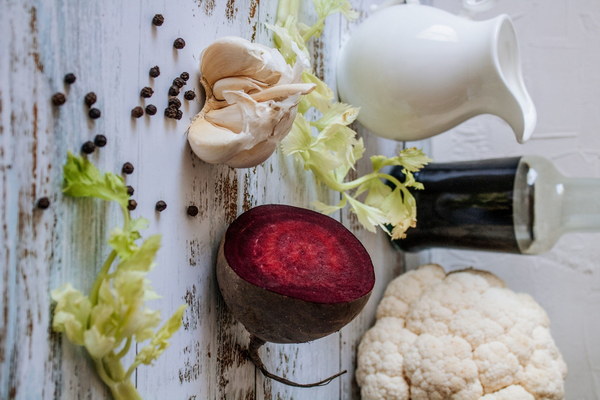What to Avoid A Comprehensive Guide to Liver-Friendly Foods for Liver Health
Introduction:
The liver is a vital organ responsible for filtering toxins from the bloodstream, metabolizing nutrients, and producing bile. Maintaining optimal liver health is essential for overall well-being. While certain foods and beverages can support liver function, there are also substances that can harm the liver and impede its ability to perform its crucial tasks. In this article, we will explore the foods and drinks you should avoid to protect your liver and promote its health.
1. Alcohol:
Alcohol is a well-known liver toxin. Excessive consumption can lead to fatty liver disease, alcoholic hepatitis, and liver cirrhosis. The liver can only metabolize a limited amount of alcohol per day, so it's crucial to consume alcohol in moderation. For women, this means no more than one drink per day, while men should limit their intake to two drinks per day.
2. Refined Sugars:
High intake of refined sugars, such as those found in sugary drinks, desserts, and processed foods, can contribute to non-alcoholic fatty liver disease (NAFLD). The liver converts excess sugar into fat, leading to liver inflammation and damage. To protect your liver, limit your intake of sugary foods and beverages.
3. Trans Fats:
Trans fats are artificial fats found in many processed foods, such as baked goods, fried foods, and snack foods. These unhealthy fats can increase the risk of NAFLD and contribute to liver inflammation. Opt for foods with healthier fats, such as monounsaturated and polyunsaturated fats, found in nuts, seeds, and olive oil.
4. High-Fat Fast Food:
Fried and high-fat fast food can overload the liver and lead to NAFLD. These foods are often high in unhealthy fats, calories, and trans fats. Choose healthier fast-food options, such as salads with lean proteins, or cook at home to control the quality of ingredients.
5. Processed Meats:
Processed meats, such as bacon, sausage, and ham, contain preservatives and nitrates that can increase the risk of liver disease. These substances can cause inflammation and oxidative stress, leading to liver damage. Limit your consumption of processed meats and opt for lean, unprocessed meats instead.
6. Artificial Sweeteners:

Artificial sweeteners, such as aspartame and sucralose, have been linked to liver inflammation and increased risk of NAFLD. While these sweeteners are considered safe for most people, it's best to limit their consumption and opt for natural sweeteners like honey, maple syrup, or Stevia.
7. High-Glycemic Foods:
High-glycemic foods, such as white bread, pasta, and sugary cereals, can cause rapid spikes in blood sugar levels. This can lead to insulin resistance, which is a risk factor for NAFLD. Incorporate low-glycemic foods into your diet, such as whole grains, legumes, and vegetables, to maintain stable blood sugar levels.
8. Excessive Salt:
Excessive salt intake can lead to liver damage by increasing blood pressure and causing oxidative stress. High blood pressure can strain the liver, making it harder for it to filter toxins. Aim for a low-sodium diet and use herbs and spices to flavor your meals instead of salt.
Conclusion:
To maintain optimal liver health, it's essential to avoid harmful substances and make wise dietary choices. By limiting alcohol, refined sugars, trans fats, processed meats, artificial sweeteners, high-glycemic foods, and excessive salt, you can help protect your liver and reduce your risk of liver disease. Incorporate a balanced diet rich in fruits, vegetables, lean proteins, and healthy fats to support liver function and promote overall well-being. Remember, a healthy liver is the key to a healthy life!
